
Last Updated At: 15-May-2025
15 Most Popular History of Nepal You Must Visit In 2025
Nepal's history is an enigmatic tapestry intricately woven through the centuries. It's a story told by ancient stones and whispered by the winds that caress Nepal's towering peaks. The cultural heritage of Nepal possesses living legends, with every stone and every temple bearing witness to a legacy that dates back to antiquity.
From the mediaeval grandeur of the Malla kingdoms to the audacious Gorkha conquests, every page in Nepal's history is a testament to the indomitable spirit of its people. It's a story etched on the Nepal historical sites, where palaces and temples stand as stoic witnesses to the rise and fall of empires.
This journey through Nepal's history is not just a walk through time; it's an immersion into the very soul of this Himalayan nation. It's a chance to understand the forces that have shaped Nepal into what it is today. So, let's set foot on this path of yesteryears, where legends were born and where history continues to breathe life into the present.
List Of 15 Best Places In Nepal's Turbulent Tale
Step into the corridors of time as we journey through the captivating history of Nepal. In the next few moments, you'll be whisked away to witness 15 pivotal moments that have shaped this Himalayan nation into the vibrant tapestry it is today. Ready to delve into Nepal's rich past?
- Unification of Nepal by King Prithvi Narayan Shah | Forging a Nation
- Anglo-Nepalese War | Clash of Empires
- Treaty of Sugauli | Nepal's Surrender to the British
- Kot Massacre | Palace Intrigue
- The Muluki Ain | Legal Revolution
- The Rana Regime | A Century of Autocracy
- Jang Bahadur Rana's Visit to England | Nepal's Exotic Diplomat
- Treaty of Friendship with Britain | Bridging Nations
- The Overthrow of the Rana Regime | Fall of the Titans
- King Mahendra's Dissolution of the Democratic Government | Democracy Deferred
- The 10-year Maoist Insurgency | People's War
- The Royal Massacre | Shadows in the Palace
- Declaration of a Federal Democratic Republic | Dawn of a New Era
- Earthquake | Shattered Serenity
- Adoption of a New Constitution | Nepal's Path to Federalism
1. Unification of Nepal by King Prithvi Narayan Shah | Forging a Nation
Picture yourself in the 18th century amidst the sprawling landscapes of Nepal. It's a time of warring kingdoms, each vying for power. But in this tumultuous era, a visionary emerged – King Prithvi Narayan Shah. The Unification of Nepal was his audacious feat, where he united diverse cultures and territories into a formidable nation, laying the foundation for modern Nepal.
- Timeline: 1768
2. Anglo-Nepalese War | Clash of Empires
In the ancient history of Nepal, a chapter unfurls that's more riveting than any tale you've heard. Picture this: a time when the Gorkhas, known for their courage and tenacity, engaged in a historic tussle with the mighty British East India Company. This clash, famously named the Anglo-Nepalese War, wasn't just a skirmish; it was a battle of wills and warriors. As you step into the remnants of this tumultuous period, you'll be drawn into a saga of valour and strategy.
- Timeline: 1814-1816
3. Treaty of Sugauli | Nepal's Surrender to the British
Back in history, the Treaty of Sugauli was like a dramatic plot twist in Nepal's story. It happened in 1815 when the British influence in Nepal was hard to ignore. The treaty was signed after the Anglo-Nepalese War, and it meant Nepal had to cede some of its valuable territories. So, when you wander through the region today, remember that this treaty played a pivotal role in shaping Nepal's modern borders.
- Timeline: 1815
4. Kot Massacre | Palace Intrigue
A shadowy palace courtyard, whispers of intrigue in the air, and the echo of power struggles. The Kot Massacre, a chilling event in Nepal's history, unfolded here in 1846. It was a dramatic clash of ambitions, where ambition met bloodshed, and the course of a nation was forever altered. The stories that still echo through these ancient walls will leave you awestruck.
- Timeline: 1846
5. The Muluki Ain | Legal Revolution
You've stepped back in time to the mid-19th century when Nepal's 'The Muluki Ain' was a groundbreaking legal code that shook the country. Crafted by Prime Minister Jung Bahadur Rana, it was an attempt to modernise Nepal's society. This code didn't just touch on the law; it stirred discussions on class, caste, and equality.
- Timeline: 1854
6. The Rana Regime | A Century of Autocracy
Back in the day, under the shadow of Nepal's towering peaks, you'd have encountered the intriguing Rana Regime. An era when the nation's power pulsed through the Rana dynasty. It was a time of grandeur, opulence, and tension as they held sway over the Nepal monarchy's history. Think of it as a chapter in Nepal's history, where palaces echo with secrets, and the past is as vivid as the present.
- Timeline: 1864-1951
7. Jang Bahadur Rana's Visit to England | Nepal's Exotic Diplomat
This was the time when Jang Bahadur Rana, Nepal's bold diplomat, voyaged to Victorian England in the 1850s and became an ambassador of Nepal like none before. His journey was a fusion of East and West, where traditions met tea and diplomacy redefined borders. A captivating collision of cultures, it's a historical escapade that leaves you mesmerised by the past's allure.
- Timeline: 1850
8. Treaty of Friendship with Britain | Bridging Nations
We are talking about a time when Nepal's borders stretched further, and its sovereignty faced threats from all sides. Then, in 1923, a treaty was forged between the formidable British Empire and the Kingdom of Nepal. This Treaty of Friendship with Britain not only established peaceful relations but also secured Nepal's borders, safeguarding its unique culture and heritage.
- Timeline: 1923
9. The Overthrow of the Rana Regime | Fall of the Titans
In the mid-20th century, the Rana regime, a century-old oligarchy, met its dramatic end. It's like a thrilling chapter from a historical thriller. The Ranas ruled with an iron fist, but the people's call for Democracy finally echoed through the valleys and hills. This seismic shift altered the course of Nepal's history, giving rise to a new era of possibilities and promises. Today, you can still feel the echoes of those transformative times in the vibrant streets and stories.
- Timeline: 1950-1951
10. King Mahendra's Dissolution of the Democratic Government | Democracy Deferred
Stepping back to a turbulent time in Nepal's history when the nation was at a crossroads. King Mahendra's Dissolution of the Democratic Government in 1960 was a turning point. He dismissed the democratic government, effectively putting an end to the fledgling Democracy. This significant move reverberated through the land, leading Nepal down a different path for decades to come.
- Timeline: 1960
11. The 10-year Maoist Insurgency | People's War
Picture a chapter of Nepal's past when the mountains echoed with more than just the songs of birds. From 1996 to 2006, a decade-long Maoist insurgency shook the nation. It was a time of fierce struggle for social and political change, transforming the course of Nepal's history. Today, the resilience of the Nepali people stands as a testament to their indomitable spirit.
- Timeline: 1996-2006
12. The Royal Massacre | Shadows in the Palace
Intriguingly, the Royal Massacre was a chilling and mysterious event that shook the very core of Nepal's monarchy. The Narayanhiti Royal Palace, once brimming with regal allure, became the backdrop to a tragic tale in 2001. The event, shrouded in secrecy, took the lives of King Birendra and his family, leaving a nation in shock.
- Timeline: 2001
13. Declaration of a Federal Democratic Republic | Dawn of a New Era
In 2008, a monumental shift occurred in this Himalayan valley. Nepal, once a monarchy, declared itself a Federal Democratic Republic. This historic moment marked the end of centuries-old royal rule, ushering in a new era of governance by the people, for the people. Today, Nepal's streets hum with the vibrancy of Democracy, and you can feel the pulse of a nation reborn.
- Timeline: 2008
14. Earthquake | Shattered Serenity
Nepal, a land of breathtaking landscapes, has a history etched in earth-shaking moments. The devastating 2015 earthquake, while a sombre chapter, reflects Nepal's resilience. To stay safe, know what to do if the earth dances again – seek open spaces and keep an emergency kit close. But fear not, for Nepal's spirit shines brighter than any tremor, reminding you that the beauty here lies not just in the land but in the hearts of its people.
- Timeline: 2015
15. Adoption of a New Constitution | Nepal's Path to Federalism
Nepal's historic moment, where the past and future collide. The Adoption of a New Constitution in 2015 marked a pivotal step, turning this ancient nation into a federal democratic republic. It's a shift that brings the promise of unity, justice, and freedom to the diverse tapestry of Nepal. As you wander through this land, the spirit of this new constitution is embedded in the hearts of its people.
- Timeline: 2015
Conclusion
As we bid adieu to the enthralling saga of Nepal's history, remember that the journey isn't just in the past but in the experiences waiting for you today. Nepal is more than a story; it's a living adventure. So, why wait? Dive into the vibrant streets, ancient temples, and snow-capped peaks. And for a seamless voyage, let Adotrip be your guide - from hotels to flights and guided tours. They've got you covered. Your next Nepal chapter awaits!
With us, nothing is far!
Frequently Asked Questions Related to the History of Nepal
Q1. Can you provide an overview of Nepal's ancient history and early civilisations?
A1: Some of Nepal's ancient history and early civilisations are:
- Ancient Vedic and Kirata civilisations.
- Influence of Buddhism on Nepal.
- The Lichhavi Dynasty.
- Malla city-states.
- Influence of the Shah Dynasty.
Q2. How did the unification of Nepal under King Prithvi Narayan Shah shape the country?
A2: Some of the ways in which the unification of Nepal under King Prithvi Narayan Shah shaped the country are:
- Formation of a centralised state.
- Creation of a unified Nepal.
- Establishment of a single currency and language.
- Initiation of a process of modernisation and standardisation.
- Laying the foundation for a single legal system.
Q3. What was the impact of the Anglo-Nepalese War on Nepal's territorial boundaries?
A3: The impact of the Anglo-Nepalese War on Nepal's territorial boundaries are:
- Loss of territories in the Terai region to the British.
- Nepal ceded control of Sikkim and Darjeeling.
- A formal border, known as the Sugauli Treaty Line, was established.
- The Anglo-Nepalese War ended with the Treaty of Sugauli in 1815.
- Nepal's territorial boundaries were significantly reduced.
Q4. Could you elaborate on Nepal's relationship with neighbouring countries throughout history?
A4: Yes, the following is Nepal's relationship with neighbouring countries throughout history:
- China and Nepal have shared centuries of cultural, economic, and political exchanges.
- Nepal maintained a strong affiliation with India, marked by cultural, religious, and geographical ties.
- The Sugauli Treaty with the British East India Company significantly impacted Nepal's territorial boundaries.
- Nepal's diplomatic relationship with Tibet and China has evolved over the years.
- Historical tensions and border disputes with India have influenced Nepal's diplomatic landscape.
Q5. How did Nepal's monarchy evolve, and when did the country transition to a federal democratic republic?
A5: Following is the timeline for the evolvement of Nepal's monarchy and the transition of the country to a federal democratic republic:
- Establishment of the Shah Dynasty (1768)
- The Rana regime's autocratic rule (1846-1951)
- The overthrow of the Rana regime and return of the monarchy (1950-1951)
- King Mahendra's dissolution of the democratic government (1960)
- Abolition of the monarchy and the declaration of a federal democratic republic (2008)
Q6. What role did Nepal play in facilitating trade between India and Tibet in the past?
A6: The following are some of the roles Nepal played in facilitating trade between India and Tibet in the past:
- Nepal served as a crucial trade corridor, connecting the Indian subcontinent to Tibet.
- Trade routes through Nepal allowed goods like salt, wool, and textiles to flow between India and Tibet.
- Trade with Tibet brought significant economic benefits to Nepal.
- The use of these routes contributed to cultural exchanges between the regions.
- Nepal's position as a trade intermediary fostered diplomatic ties between India and Tibet.
Q7. Can you highlight any significant historical events that have shaped modern Nepal?
A7: Some of the significant historical events that have shaped modern Nepal are:
- The Unification of Nepal by King Prithvi Narayan Shah (1768).
- The overthrow of the Rana regime (1950-1951).
- The 10-year Maoist insurgency (1996-2006).
- The Royal Massacre (2001).
- The adoption of a new constitution and the abolition of the monarchy (2008).
Q8. What cultural and architectural remnants from past dynasties can still be seen in Nepal today?
A8: Some of the cultural and architectural remnants from past dynasties that can still be seen in Nepal today are:
- Kathmandu Valley's Durbar Squares
- The Patan Museum
- The Changu Narayan Temple
- The Nyatapola Temple in Bhaktapur
- The Gosaikunda Monastery
Q9. How has Nepal managed to maintain its independence despite being situated between powerful neighbours?
A9: Nepal's strategic diplomacy has been a key factor in maintaining its independence. By skillfully balancing its relationships with neighbouring India and China, Nepal has preserved its sovereignty and avoided becoming entangled in its regional disputes.
Q10. Are there any museums or historical sites where visitors can learn about Nepal's history in detail?
A10: Yes, some of the museums or historical sites where visitors can learn about Nepal's history in detail are:
- The National Museum of Nepal, Chhauni
- Hanuman Dhoka Durbar Square, Kathmandu
- Patan Museum, Lalitpur
- Taragaon Museum, Kathmandu
- The Palace Museum, Lumbini
--- Published By Adotrip
Latest Blogs

Cash in the Wild: My Safari Adventure Across Kenya with Only...

One Day Picnic Spot Near Pune - Adventure, Trekking and Natu...

One Day Picnic Spots Near Mumbai - Monsoon, Adventure, Beach...

The Best Places to Go in Thailand in 2025
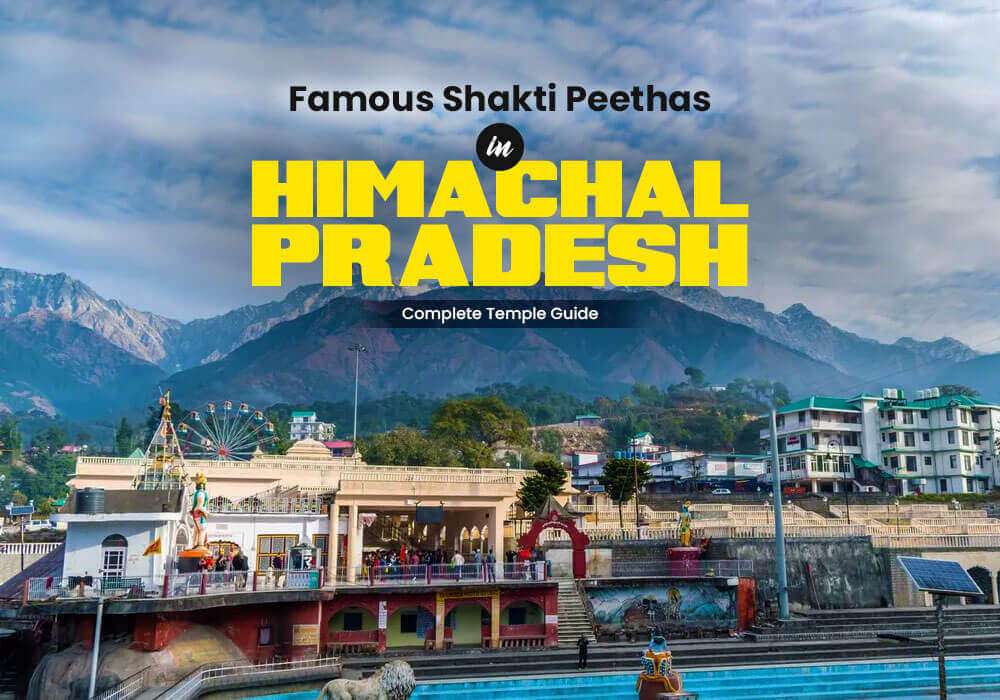


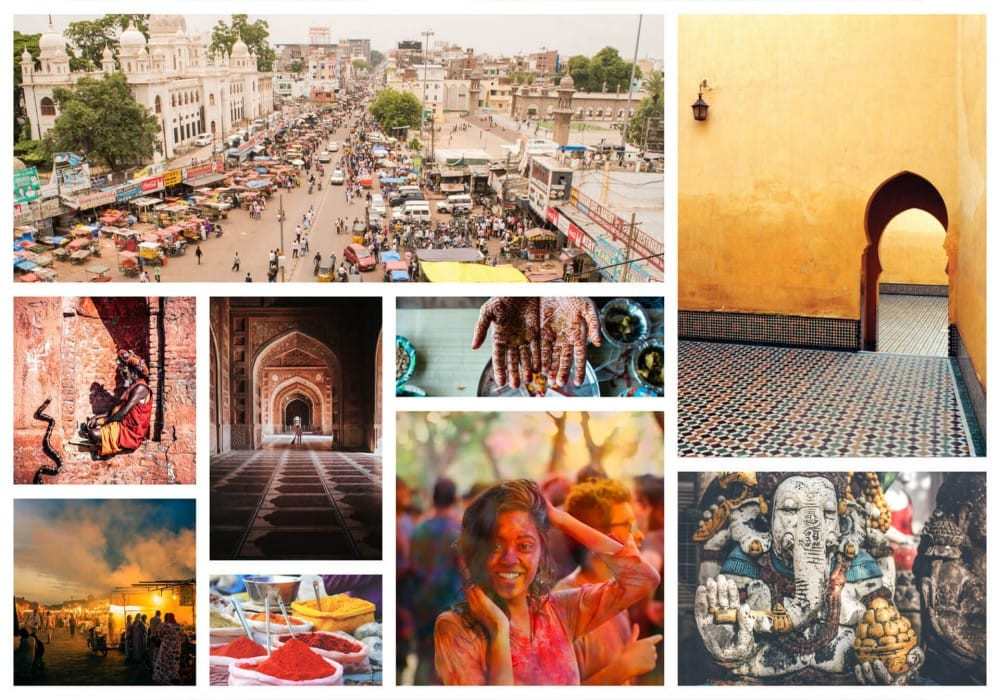



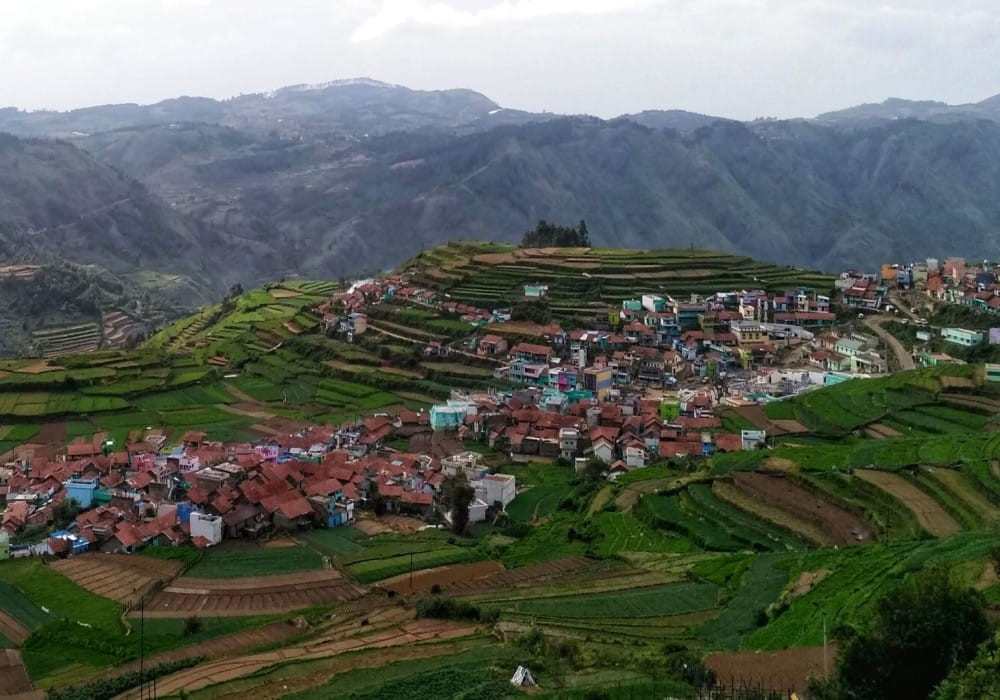

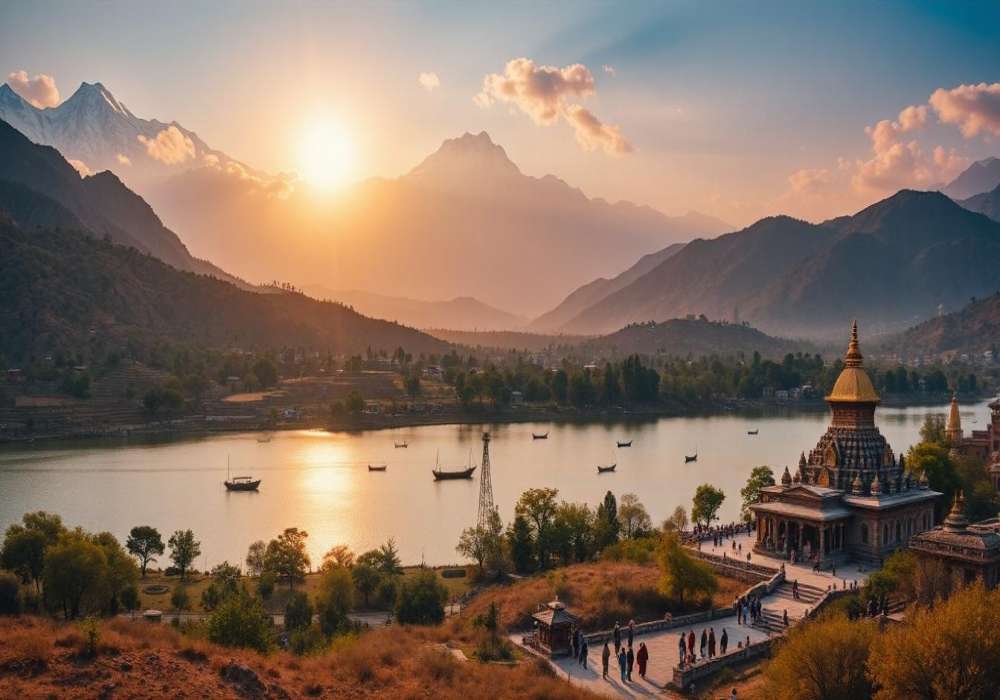


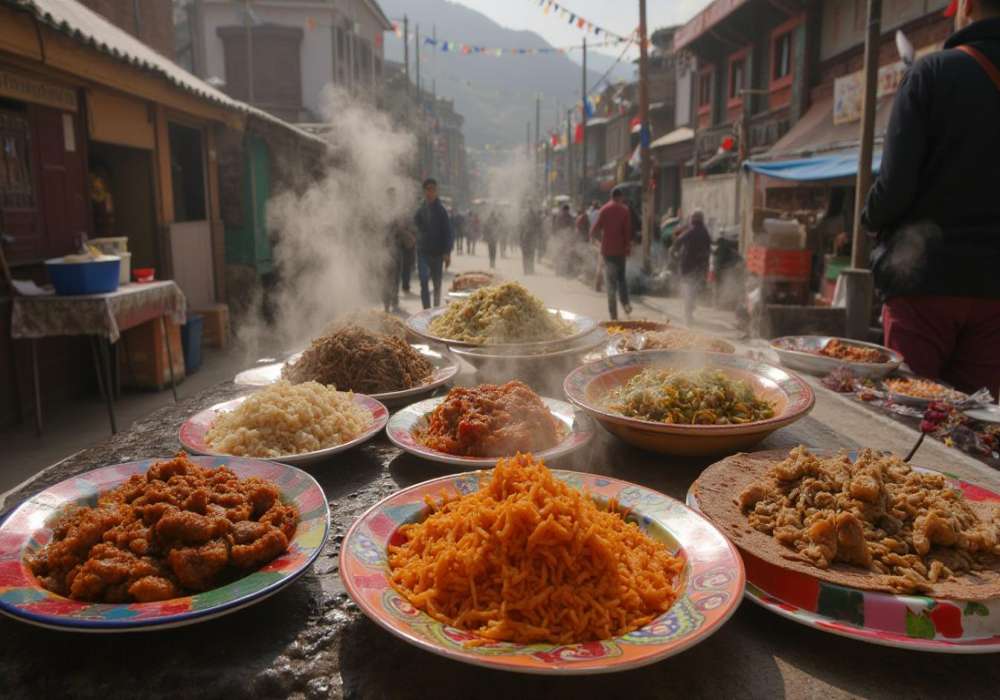
 Dubai
Dubai Malaysia
Malaysia USA
USA





